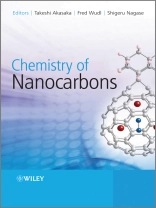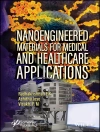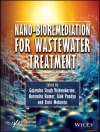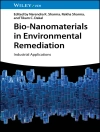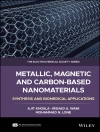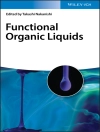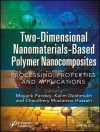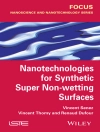During the last decade, fullerenes and carbon nanotubes have
attracted special interest as new nanocarbons with novel
properties. Because of their hollow caged structure, they can be
used as containers for atoms and molecules, and nanotubes can be
used as miniature test-tubes.
Chemistry of Nanocarbons presents the most up-to-date
research on chemical aspects of nanometer-sized forms of carbon,
with emphasis on fullerenes, nanotubes and nanohorns. All modern
chemical aspects are mentioned, including noncovalent interactions,
supramolecular assembly, dendrimers, nanocomposites, chirality,
nanodevices, host-guest interactions, endohedral fullerenes,
magnetic resonance imaging, nanodiamond particles and graphene. The
book covers experimental and theoretical aspects of nanocarbons, as
well as their uses and potential applications, ranging from
molecular electronics to biology and medicine.
关于作者
Fred Wudl is a Professor of Chemistry and Materials and
Co-Director of the Center for Polymers and Organic Solids at the
University of California, Santa Barbara. He is most widely known
for his work on organic conductors and superconductors. Currently
he is interested in the optical and electrooptical properties of
processable conjugated polymers as well as in the organic chemistry
of fullerenes.
Shigeru Nagase is Professor at the Institute for
Molecular Science, Okazaki, Japan. He has made a wide range of
original contributions in theoretical and computational chemistry.
He has performed many important studies of fullerene,
endofullerenes, carbon nanotubes and carbon peapods as well as
silicon and germanium clusters.
Takeshi Akasaka is Professor at the Center for Tsukuba
Advanced Research Alliance TARA Center) and Department of
Chemistry, University of Tsukuba, Japan. His research interests
cover the development and chemical functionalization of fullerenes,
metallofullerenes, endofullerenes and carbon nanotubes.
